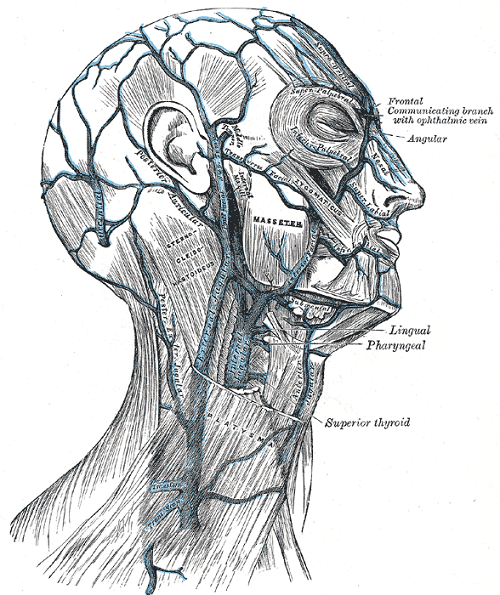FWP:
SETS == WORDPLAY
FRIEND/ENEMY: {4,3}
Faruqi's analysis is excellent; I can't think of anything to add to it. But other than the wordplay and meaning-play based on rishtah (as relationship, as vein in the neck, as the cord of a noose for the neck), there doesn't seem to be anything else going on in the verse. Of course, such elaborate multi-layered wordplay might seem to be a quite sufficient achievement for a poem about twenty words long; but this is Ghalib, and we know how much more he can do with those twenty words when he's really cookin'.
Compare the similar imagery of {109,5x}.

Nazm:
He addresses the beloved: 'You've come to have a frightful amount of pride over my friendship-- may it not be that it would turn toward enmity, and this relationship/thread of friendship would become a neck-vein for you!' And they call pride a 'neck-vein'-- that is, may it not be that in pride you would, like an enemy, hold your head aloft and look down your nose [gardan ;Te;Rhii rahnaa] at me. And 'there's a danger'-- that is, there's this danger to me. And the omission of 'this' [yih] in the line undoubtedly seems bad. (219)
== Nazm page 219